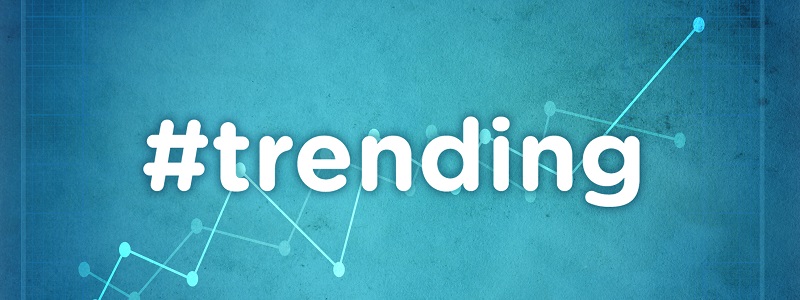As our society has evolved, it’s no secret that our businesses have as well. The progression of digital media has provided us with new platforms of communication, and consequently, new business platforms.
Companies nationwide have traded their resumes for LinkedIn accounts, conferences for Skype group calls, and advertising billboards for an Instagram account. This constant growth is overwhelming, especially for companies who cannot thrive without investing in enterprise training. Companies need to understand which skills will matter the most to stay ahead in the game.
Here are five business trending skills in 2016 and will continue to do in next few years. These no-fail abilities will be valuable regardless of your profession, and aide in creating your career as a competitive professional.
Data Skills
The data scientist job has already earned the tag of the coolest job of the 21st century. The analysis team at LinkedIn stated it best:
We still live in an increasingly data-driven world, and businesses are still aggressively recruiting for experts in data storage, retrieval, and analysis.
Knowledge of Other Cultures
Embodying this strength gives an automatic advantage as a professional. CEO’s nationwide list cultural competence as one of their most highly desired leadership traits, but the majority of companies list their knowledge of other culture’s as one of their biggest weaknesses.
This is where you come in!
There is, obviously, a huge demand for those who possess cosmo-political skills. Paula Caligiuri, professor of international business and strategy at Northeastern University, states:
Developing cultural agility is more of an active process requiring social learning in a novel context with opportunities to practice new culturally appropriate behaviors, make some mistakes, receive feedback, and question one’s own assumptions.
A Desire to Learn
With openness and flexibility, continual addition of new skills can be added to an individual’s repertoire. Karen Southall Watts, author of Messenger: The Entrepreneur’s Guide to Communication, shares, “Specific skills like how to use particular software or equipment can be taught relatively easily when you’ve got an open and ready learner with solid reading, listening, and thinking ability.”
This adaptability ensures a professional will not become stagnant in their career, but will continue to be competitive throughout society’s evolution.
The Ability to Profitably Outsource
When looking at America’s workplace, over one-third of businesses are freelance, with millions of independent contractors.
Being able to communicate articulately and concisely information about a company is invaluable to a professional’s skill set. The ability to successfully hire and manage talent outside of their company is essential to the wellbeing of companies across our nation.
Innovation consultant Jane Young offers tips to professionals looking to improve their outsourcing skills, “Consider splitting the project into stages, providing checkpoints. The more checkpoints you build into any freelance project, the sooner you’ll pick up potential problems, giving you the opportunity to adjust course.”
Communication Skills
The focus put on technological skills within our job market is a natural outcome of a digitally run society. Where many professionals have impressive technical skills, the ability to utilize technology and then communicate these programs to a target audience or executive team is a grand slam.
Many individuals have focused on STEM programming (science, technology, engineering, math) within their education. However, this expertise doesn’t automatically translate to professional success.
Daniel Alexander Usera, Career Consultant and professor at Arkansas State University, elaborates, “A lot of times degree programs and employers focus on the hard skills, but then end up with employees who do not know how to work with other people or can’t communicate a complex thought in an effective manner. Although STEM degrees will continue to be in high demand, those skills are not as impactful if the person can’t function in a team-based, information-sharing context.”








